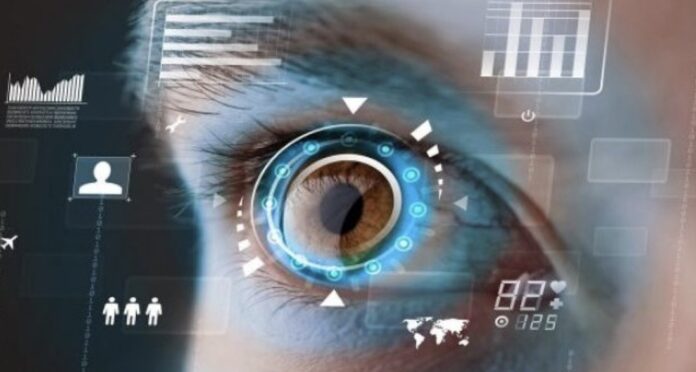Сьогодні країни ЄС затвердили політичну угоду щодо закону про регулювання штучного інтелекту, яку досягли в грудні.
Згідно з цим законом, системи штучного інтелекту з високим рівнем ризику повинні дотримуватись жорстких вимог щодо прозорості, тоді як вимоги до штучного інтелекту загального призначення будуть пом’якшені.
Документ обмежує використання біометричного спостереження урядами у громадських місцях у режимі реального часу з метою запобігання різноманітним злочинам, терористичним атакам і пошуку підозрюваних у серйозних злочинах.
Юристи вказують, що цей новий закон матиме вплив за межами ЄС.
“Цей закон матиме глобальне значення. Компанії за межами ЄС, які використовують дані клієнтів з ЄС у своїх системах штучного інтелекту, також мають дотримуватись його вимог. Інші країни та регіони, ймовірно, використовуватимуть цей закон як зразок, подібно до того, як вони робили з GDPR”, – заявив Патрік ван Еке з юридичної фірми Cooley.
Хоча новий закон набуде чинності у 2026 році, заборони на використання штучного інтелекту у соціальному скорингу, превентивній поліції та нецільовому вилученні зображень осіб з Інтернету або записів з камер відеоспостереження набудуть чинності через шість місяців після набуття чинності нового закону.
Вимоги щодо штучного інтелекту загального призначення будуть застосовуватись через 12 місяців, а правила для систем штучного інтелекту, вбудованих у регульовані продукти, – через 36 місяців.
Штрафи за порушення закону становитимуть від 7,5 млн євро або 1,5% від обороту до 35 млн євро або 7% від світового обороту в залежності від серйозності порушень.
Прийнявши цей закон, Європейський союз встановив потенційний глобальний стандарт щодо обмежень для технологій, які використовуються у всіх сферах життя та бізнесу. Закон ЄС про штучний інтелект є більш всеохоплюючим, ніж підхід Сполучених Штатів, який ґрунтується на добровільному дотриманні правил. З свого боку, підхід Китаю спрямований на підтримку соціальної стабільності та державного контролю.


